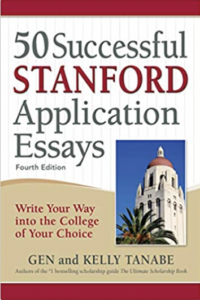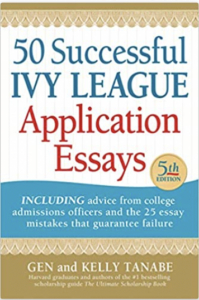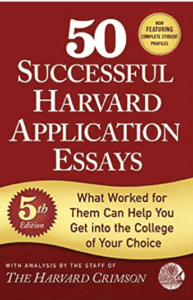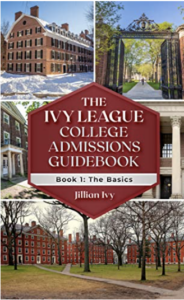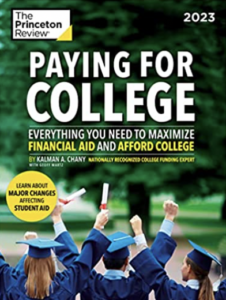How to Write Brown University’s Supplemental Essays
How to Write Brown University’s Supplemental Essays
Introduction:
Writing Brown University’s supplemental essays for this current application cycle can be both exhilarating and challenging. This guide is designed to be your compass, providing invaluable insights and strategic approaches to help you navigate the intricacies of each essay prompt and present a compelling narrative that resonates with the unique ethos of Brown.
Understanding the Brown Essay Prompts:
The foundational step in conquering Brown University’s supplemental essays is gaining a thorough understanding of the prompts. Each question is thoughtfully crafted to draw out your authentic self. Take the time to dissect the prompts, identifying key themes, nuances, and any specific instructions regarding word limits and formatting.
Reflecting on Your Life Experiences:
Brown University values the individuality of its applicants, seeking to know you beyond your academic achievements. The supplemental essays are an exceptional opportunity to reflect on your experiences, both personal and academic. Delve into moments of challenge, growth, or discovery that have shaped your character and aspirations. Be authentic and transparent, allowing the admissions committee to see the person behind the achievements.
1. Brown Essay Prompt 1: Why Brown?
The foundational prompt invites you to articulate your understanding of Brown’s distinctive offerings and how they align with your academic and personal goals. This is not the time for generic responses. Dive into specific aspects of the university that resonate with you. Immerse yourself in research on Brown’s programs, faculty, and campus culture, illustrating how these elements seamlessly align with your academic interests and career aspirations.
2. Brown Essay Prompt 2: Describe a place or environment where you are perfectly content. What do you do or experience there, and why is it meaningful to you?
This prompt provides a window into your personal sanctuary. Choose a place that holds genuine significance for you, whether it’s a physical location or a mental space. Be vivid in your description and delve into the experiences that bring you contentment. Connect this haven to your values, interests, or personal growth, emphasizing why this space is profoundly meaningful.
3. Brown Essay Prompt 3: What is one thing you will definitely bring with you to college? Why?
This question invites you to reflect on a tangible or intangible item that holds great importance to you. Whether it’s a cherished memento, a skill, or a personal philosophy, elucidate why this item is non-negotiable in your college journey. Use this opportunity to reveal aspects of your identity and values that may not be apparent in other parts of your application.
4. Essay Prompt 4: Tell us about a place or community you call home. How has it shaped your perspective?
This prompt delves into the concept of home and community, urging you to explore the influences that have shaped your worldview. Whether it’s your hometown, a cultural community, or even a virtual space, discuss the impact it has had on your perspective. Be specific about the values, traditions, or experiences that have left an indelible mark on your identity.
Conclusion:
Successfully navigating Brown University’s supplemental essays for the current application cycle is an art that requires careful consideration, introspection, and authenticity. This guide has provided you with a roadmap to approach each prompt strategically, ensuring that your responses resonate with Brown’s distinctive values. As you embark on this writing journey, remember to be genuine, thoughtful, and true to yourself. By investing time and effort into your essays, you’ll not only enhance your chances of acceptance but also convey a compelling narrative that aligns seamlessly with Brown University’s ethos.
Remember, the supplemental essays are not just a means for the admissions committee to learn about you; they are your canvas to paint a vivid picture of who you are and how you would contribute to the vibrant tapestry of Brown’s community. Embrace this opportunity to showcase your uniqueness, passions, and aspirations.
As you finalize your essays, seek feedback from peers, teachers, or mentors to ensure your message is clear and resonant. Revise and refine, but always stay true to your voice and experiences. Brown University is not just looking for exceptional students; they are seeking individuals who will enrich the campus community with diverse perspectives and meaningful contributions.
In conclusion, approach the task of writing Brown University’s supplemental essays with enthusiasm and authenticity. Your narrative is an integral part of the application process, and by carefully crafting your responses, you can present a compelling case for why you are a perfect fit for Brown. Best of luck on your journey to becoming a Brunonian!
Need more help with your college applications? I’m a former Harvard interviewer + a Harvard grad. Contact me today for a free consultation and get into the Ivy League!
Visit:
Explore my other related Ivy League admissions books, including the very popular, “How to Ace Your Ivy League College Admissions Interview”







